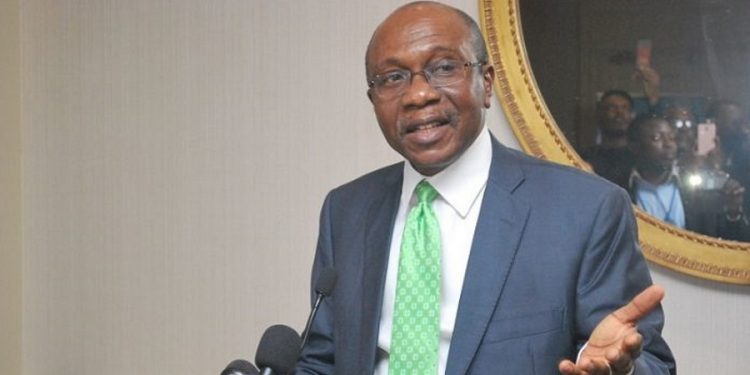Policies of Nigeria’s Central Bank damaging country’s business environment – World Bank says
The World Bank has stated that the Central Bank of Nigeria’s (CBN) multiple exchange rates, trade restrictions, and the financing of the public deficit continue to damage the business environment.
This was disclosed by the World bank in a document titled ‘Nigeria Development Update (June 2022): The Continuing Urgency of Business Unusual‘.
The world bank believes that CBN’s persistent intervention would cause weaknesses in revenue mobilization, foreign investment, human capital development, infrastructure investment, and governance.
What the world bank is saying
The World Bank stated that amid heightened risks, the government has kept a “business-as-usual” policy stance that hinders prospects for economic growth and job creation.
The Bank said “Multiple exchange rates, trade restrictions, and financing of the public deficit by the Central Bank of Nigeria (CBN) continue to undermine the business environment. These policies augment long-standing weaknesses in revenue mobilization, foreign investment, human capital development, infrastructure investment, and governance.”
The Bank said Nigeria lost a key moment that would have been prime for subsidy removal. “Notably, during 2020 and 2021, when oil prices were much lower, the government lost an opportunity to address one of the primary sources of fiscal vulnerability by choosing to maintain the subsidy for premium motor spirit, more commonly known as petrol—a subsidy that is unique, opaque, costly, unsustainable, harmful, and unfair.”
The Bank added that “Due to the petrol subsidy and low oil production, Nigeria faces a potential fiscal timebomb.”
What you should know
- According to the World Bank, an additional 1 million Nigerians falling into poverty as a result of the Ukraine war is a challenge that is addressing macroeconomic vulnerabilities when (i) elections encourage higher spending; (ii) high inflation is pushing millions of Nigerians into poverty; and (iii) higher global interest rates deter private investment.
- Nairametrics also reported that foreign exchange crises, high inflation, and fiscal pressures generated by fuel subsidies, according to the World Bank, distort the benefits of a growing non-oil sector and high oil prices.
- The World Bank also stated that the Central Bank of Nigeria’s low-interest loans undermines commercial banks that lend on a risk-adjusted pricing basis and needs to be dialled down.
- Under the CBN interventions, the 5% per annum interest rate paid by the receivers of the loan is akin to a subsidy as the loans originally attract an interest rate of 9% per annum. And even at 9%, the rate is still a huge discount when compared to high rates charged by commercial banks.
- The apex bank’s decision to keep intervention fund interest rates at 5% reflects its goal to continue to encourage economic growth in key sectors that it funds while allowing rate increases in other areas.
- On Trade restrictions, the CBN had banned 44 import items from accessing FX. The items include rice, cement, margarine, fertiliser, milk and dairy products, maize/corn, palm kernel/palm oil products/vegetable oils, meat and processed meat products, vegetables/processed vegetable products and poultry chicken.








